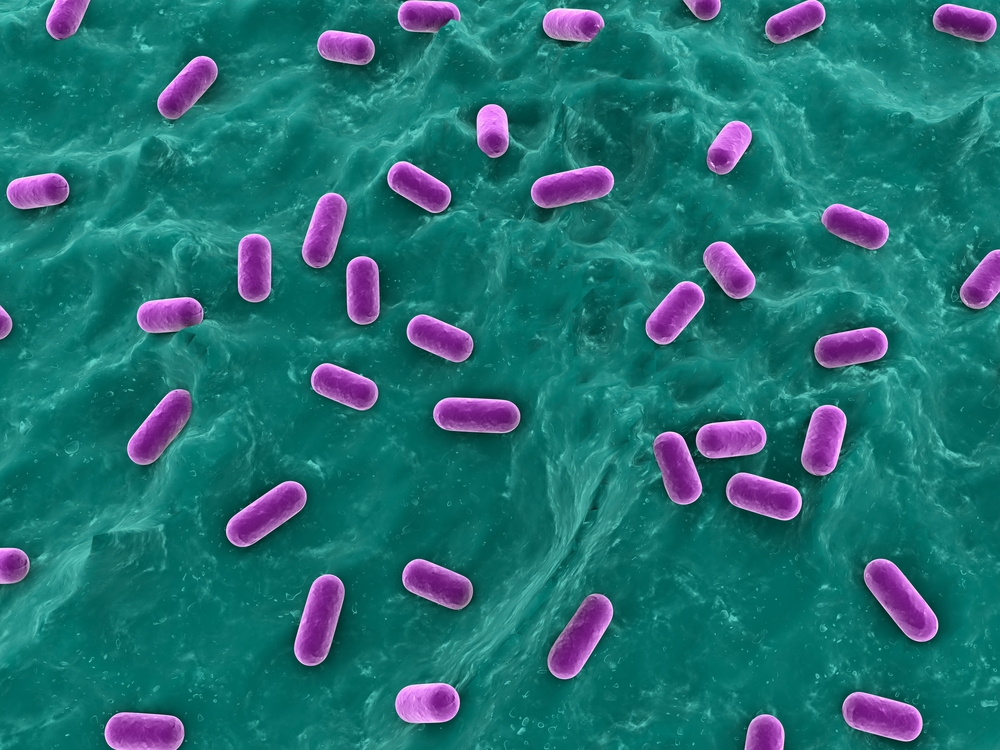In a new study entitled “Well-balanced commensal microbiota contributes to anti-cancer response in a lung cancer mouse model,” researchers investigated whether gut microbiota modulates immune responses against tumors using a mouse model of lung cancer. They found that probiotics (the microorganisms in our gut that are beneficial to our health) contribute to anti-tumour immune responses and enhance the effect of chemotherapy drugs. The study was published in the Genetics and Molecular Research journal.
Lung cancer is a leading cause of cancer related death in both men and women in the United States, with the American Cancer Society estimating 221,200 new cases of lung cancer leading to 158,040 deaths from the disease in 2015 alone.
Notably, it is increasingly recognized how the gut microbiota (the community of microorganism species that live in out digestive tracts) influence immune responses and may have a role in certain types of cancer progression. Accordingly, prebiotics (food for probiotics, i.e., “live microorganisms, which, when administered in adequate amounts, confer a health benefit on the host,” as defined by the World Health Organization and mainly represented by Lactobacillus and Bifidobacterium) were reported to exhibit anti-tumor properties.
In this new research, the authors investigated the anti tumor properties of intestinal prebiotics using a Lewis lung cancer mouse model. To this end, they treated mice with a combination of a cancer chemotherapy drug — cisplatin — and an antibiotic cocktail (so that it destroys the gut microbiota). They observed that destroying the intestinal microflora caused tumors to grow more, when they compare the tumor size of these mice with their controls (mice treated only with cisplatin). Additionally, the survival rate of cisplatin and antibiotic treated mice was significantly reduced.
The results suggest that indeed gut microbiota has a protective role against tumorigenesis. The team performed further studies and treated mice with cisplatin but combined with Lactobacillus bacteria, one of intestine probiotics. They observed that tumors in the cisplatin/ Lactobacillus treated mice were smaller and mice had improved survival rates. They determined the molecular mechanism modulate in these mice and found in Lactobacillus co-treated mice a upregulation of key the expression of several genes important for immune responses, including IFN-γ and components of CD8+ T cells.
The authors suggest that commensal microbiota contributes to anti-lung cancer responses and are capable of enhancing the anti-tumor effects of standard chemotherapy drugs, such as cisplatin.

